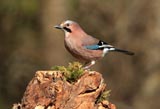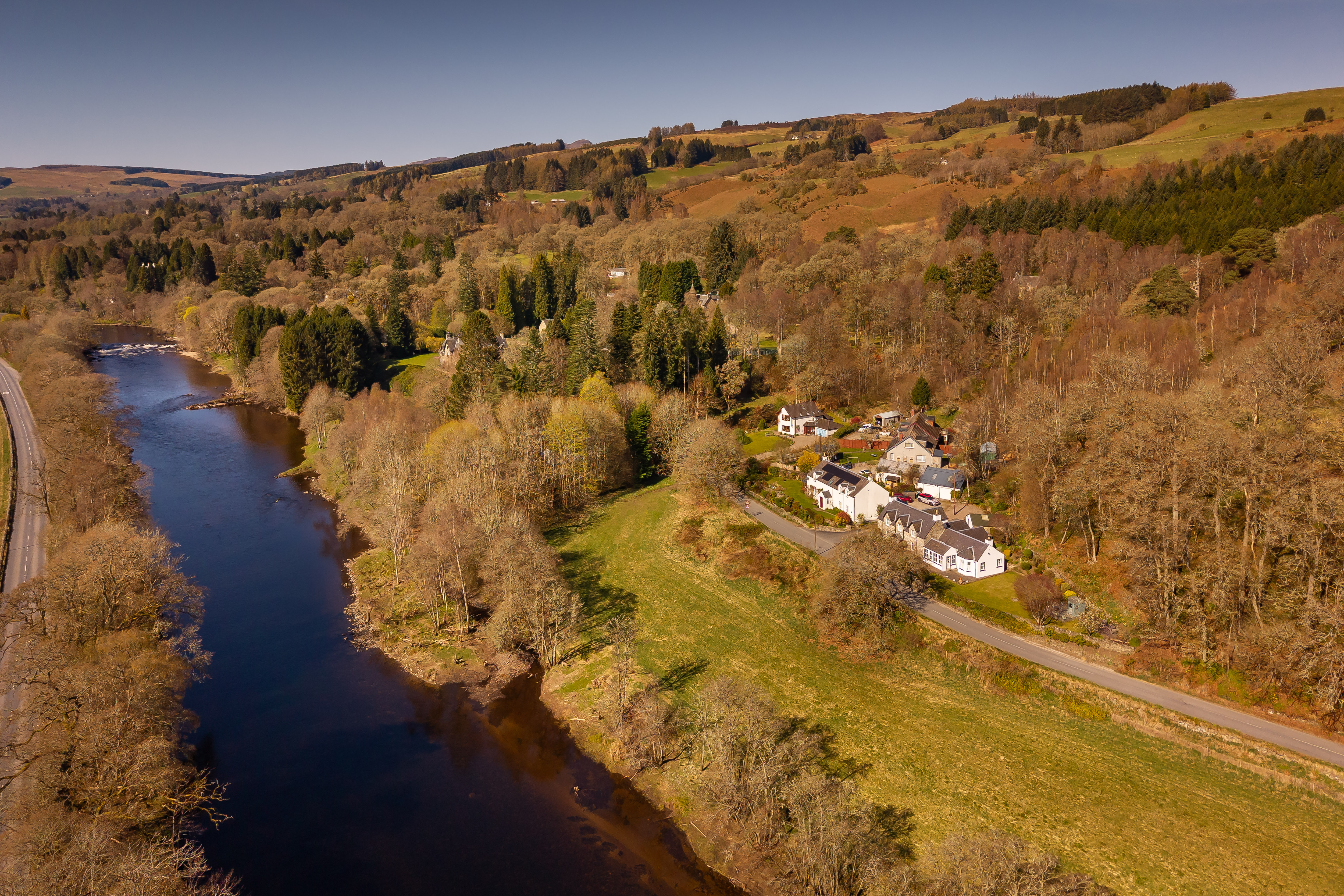Consultation on avian pests
A special licence may soon be required to control birds including jays, jackdaws and collared doves


Minutely detailed laws surrounding the control of avian pests could be simplified as a result of a public consultation by Natural England (NE). The Defra quango is seeking opinion on whether some bird species should be added to the General Licence (which permits control without special licence) and others, such as jays, jackdaws and collared doves, removed. There may be a legal onus on shooters to dispatch injured birds and stricter controls on the trapping of live corvids by farmers and gamekeepers, but professional falconers could be allowed to kill a wider range of birds, including magpies and monk parakeets, and landowners may be able to control greylag and Egyptian geese, which can cause considerable agricultural damage, without special licence.
The sacred ibis, which has rapidly colonized France and is paying increasing visits to Britain, could be included on the General Licence because of the likelihood of it predating native species here, as could the Indian house-crow, a ship's stowaway which tends to harass British birds. There are plans to streamline the control of gulls- great black-backed gulls are routinely controlled, but other prolific species are not- and clarify the rules on crows.
The 48-page document contains a bewildering range of complex laws to consider. It proposes that people renovating buildings may not need a licence to move or destroy the nests of pied wagtails, robins and starlings, which can block ventilation valves, and that blue tits, song thrushes, dunnocks and great tits may be trapped and moved if they're flying around professional kitchens.
The season for selling gulls' eggs may be extended by a month; schoolteachers may no longer need a licence to capture temporarily great-crested newts in pond-dipping outings nor researchers official permission to disturb barn-owl or peregrine nests.
The section most exercising shooters and farmers is that on proving that alternative methods, such as scaring or proofing, have been tried before shooting, which is the most effective way of getting rid of the woodpigeon, their number one pest. ‘It's always a good thing to revisit any legislation, but the issue over controlling woodpigeons needs to be addressed,' comments the GWCT's Alastair Leake. ‘As a farmer, I'm confused. If I had to scare the pigeons off our farm, I'd have to drive two to three miles up the road to a field of rape, push the pigeons off and then go to the next field and do the same thing-and I'd be doing that all day. What everyone wants from this consultation is clarity and common sense.'
Philip Merricks, a farmer who manages the Elmley National Nature Reserve in Kent, adds: ‘The important point is that we recognise that the countryside has to be managed in a positive way to provide the greatest benefit for wildlife. Looking at pest-bird-control licensing may well be one way of helping to do this.'
Keith Cowieson, director of SongBird Survival, points out that the current regulatory burden is preventing the protection of some species. ‘We support a robust General Licensing system, but we live in a managed ecosystem and have been failing to manage it properly,' he says. ‘Over the past 40 years, numbers of vulnerable songbirds have halved, but their predator numbers have doubled. Control of pest and predatory species is a valuable conservation tool. We have an imperative duty to be humane, but this work must not be hindered by an onerous, costly and unnecessary regulatory burden.'
Sign up for the Country Life Newsletter
Exquisite houses, the beauty of Nature, and how to get the most from your life, straight to your inbox.
NE, which has a new chairman-Wiltshire farmer Andrew Sells, a venture capitalist and former RHS trustee, has succeeded Poul Christensen-has received notification of interest from 32 groups of farmers for badger culls.
* Subscribe to Country Life and save
* Follow Country Life magazine on Twitter
Country Life is unlike any other magazine: the only glossy weekly on the newsstand and the only magazine that has been guest-edited by HRH The King not once, but twice. It is a celebration of modern rural life and all its diverse joys and pleasures — that was first published in Queen Victoria's Diamond Jubilee year. Our eclectic mixture of witty and informative content — from the most up-to-date property news and commentary and a coveted glimpse inside some of the UK's best houses and gardens, to gardening, the arts and interior design, written by experts in their field — still cannot be found in print or online, anywhere else.
-
 Vertigo at Victoria Falls, a sunset surrounded by lions and swimming in the Nile: A journey from Cape Town to Cairo
Vertigo at Victoria Falls, a sunset surrounded by lions and swimming in the Nile: A journey from Cape Town to CairoWhy do we travel and who inspires us to do so? Chris Wallace went in search of answers on his own epic journey the length of Africa.
By Christopher Wallace
-
 A gorgeous Scottish cottage with contemporary interiors on the bonny banks of the River Tay
A gorgeous Scottish cottage with contemporary interiors on the bonny banks of the River TayCarnliath on the edge of Strathtay is a delightful family home set in sensational scenery.
By James Fisher